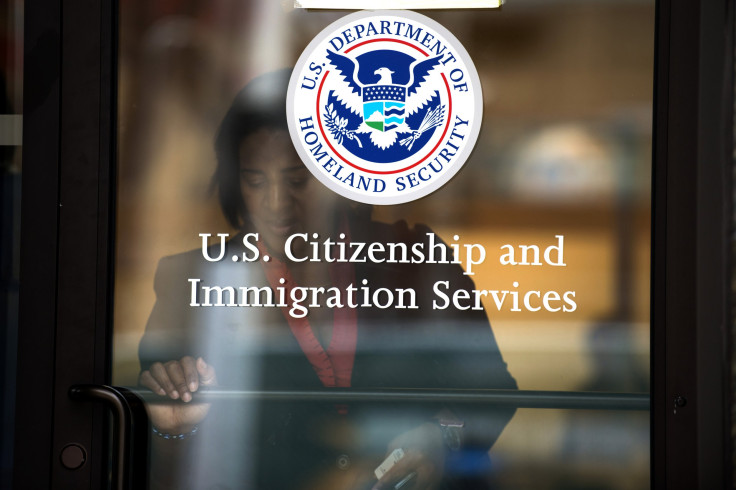Immigration Reform 2017: Billions In H-1B Funds Wasted, Report Finds

U.S. Citizenship and Immigration Services’ suspension of the premium processing route for its H-1B visa program, effective April 3, will cost the government $100 million in foregone fees charged to companies for lowering the wait times for authorization of skilled foreign workers, ProPublica found in a report released Friday. Making matters worse, the revenue cuts came as a failed 12-year-old initiative to digitize the agency has cost it upwards of $2.3 billion, according to ProPublica’s investigation.
Each year, USCIS establishes a cap of 85,000 H-1B visas, reserved for foreign workers with bachelor’s degrees or higher in fields of technology, math and business, but doled out nearly 173,000 in 2015. The sheer volume has expanded wait times to as long as several months, but the premium processing service allowed companies to limit their waiting period to 15 days for a fee of $1,225.
Read: DHS Imposes New Restrictions To Combat H-1B Fraud
That fee has been a key source of the revenue channeled toward a program known as Electronic Immigration System—or, in a play on the immigration center Ellis Island, “ELIS”—that’s been rife with faulty information and errors, and hasn’t helped the agency draw down its excessive and inefficient use of paper files, current and former officials told ProPublica.
In addition to suspending the premium route at the start of March, USCIS implemented new restrictions earlier in April to combat fraudulent use of the visa program, which the agency reopened March 15 with the annual cap at its usual level.
The program predominantly benefits Indian workers, and the tech community has long characterized it as the answer to the sector’s skilled labor shortage, but whether that shortage actually exists is disputed. A group of workers who claim to have lost their jobs to foreign workers has been working to slash a related program for H-1B holders’ spouses, known as the H-4 visa, through a lawsuit against the Department of Homeland Security, the umbrella agency that includes USCIS.
A recent study found that the program has historically put downward pressure on tech workers’ wages, but resulted in greater productivity for the sector and lower prices for consumers.
© Copyright IBTimes 2024. All rights reserved.












